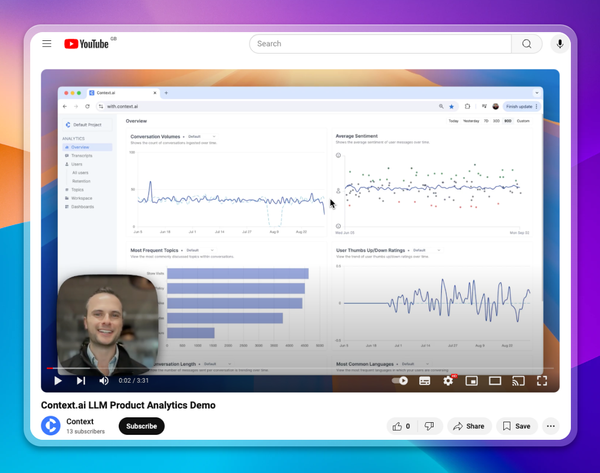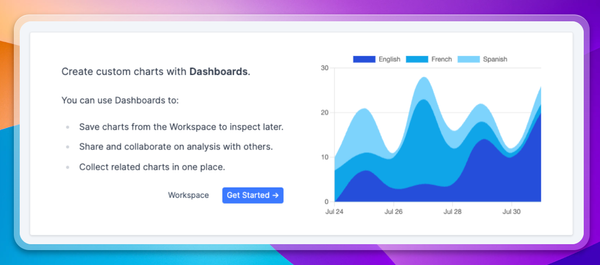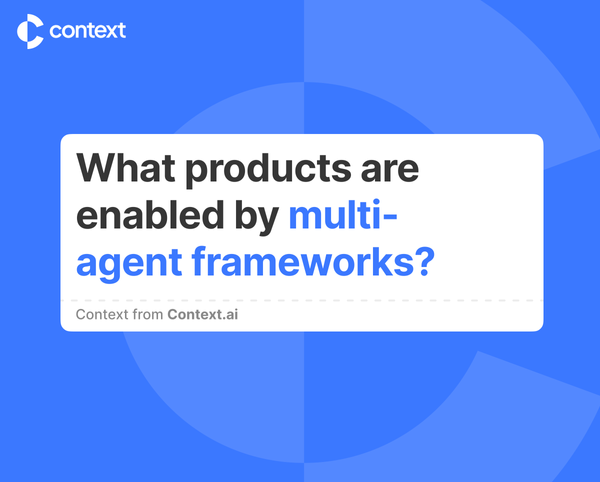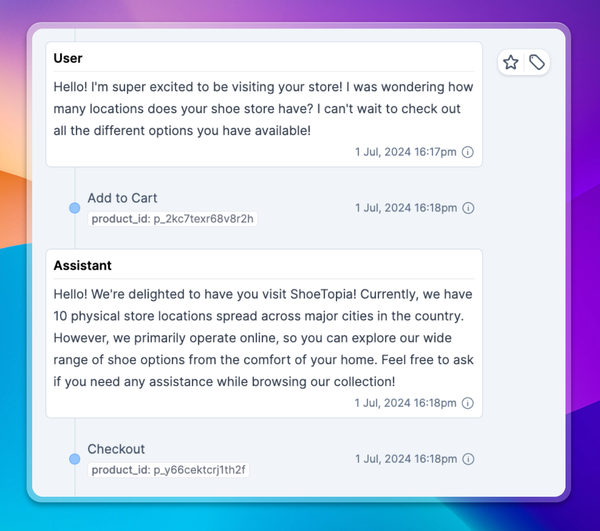Why are ChatGPT plugins so hard to discover and use?
ChatGPT and ChatGPT plugins have the potential to disrupt aggregators by changing the behavior of consumers. Yet today OpenAI is leaving value on the table.

Followers of Ben Thompson know that aggregators of consumer attention earn enormous value on the internet. These businesses connect large and disconnected groups of buyers with sellers - think Airbnb, YouTube, or Amazon. Aggregators control consumer attention, and charge sellers for the privilege of reaching the consumers.
ChatGPT and ChatGPT plugins have the potential to disrupt these aggregators by changing the behavior of consumers. Instead of starting internet searches on Google or Amazon, some consumers will transition to ChatGPT. Instead of relying on aggregators to surface the best options from a sea of demand, ChatGPT may wade through the thousands of options and surface the best matches for you. Packy McCormick at Not Boring wrote a great piece on this last year.
The potential of OpenAI and ChatGPT to capture a share of the value extracted by these aggregators is enormous, yet today OpenAI is leaving much of this value on the table. The ChatGPT plugin enablement and triggering experience is full of friction, with 3 obstacles slowing user engagement:
- Paywall - users must pay $20 for ChatGPT Plus to use plugins
- Enablement - users must manually enable plugins via a hidden flow that only appears when hovering over an unrelated button
- Per-Plugin Installation - after paying and enabling the feature, installation is required for each plugin, with almost no information about the plugins on offer

I’ve spoken with several developers of ChatGPT plugins, and I’ve been surprised to learn that developers receive very little usage or analytics data on the plugins they develop, and this lack of analytics makes improving the experience challenging.
Plugins are additionally driving low query volumes, likely because of the friction users face during enablement and triggering. Presumably this friction and low level of engagement is intentional while the plugins ecosystem and user experience reaches maturity, but significant value is being left on the table today.
Could a better plugins and partnership ecosystem be a differentiator for upcoming competitors, such as Google’s Bard, or Anthropic’s Claude? If you’re building a chat plugin experience I’d love to chat with you about it!





